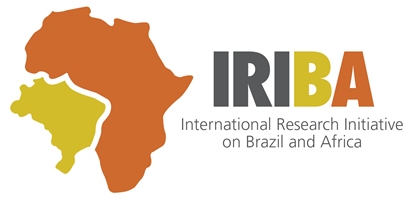There’s a consensus that Brazil’s development progress has been underpinned by sound macroeconomic management. The introduction of the Real Plan in the mid-90s, which ended regular, destructive outbreaks of hyperinflation is widely regarded as the starting point, but is it the whole story?
Respected Brazilian economist José Roberto Afonso is charting the development of the different institutions that have helped achieve economic stability, as part of the IRIBA project.
Here are the initial findings he presented in Rio a few weeks ago (in Portuguese), which highlight the particular importance of the comprehensive and flexible Fiscal Responsibility Law (FRL), introduced in 2000.
